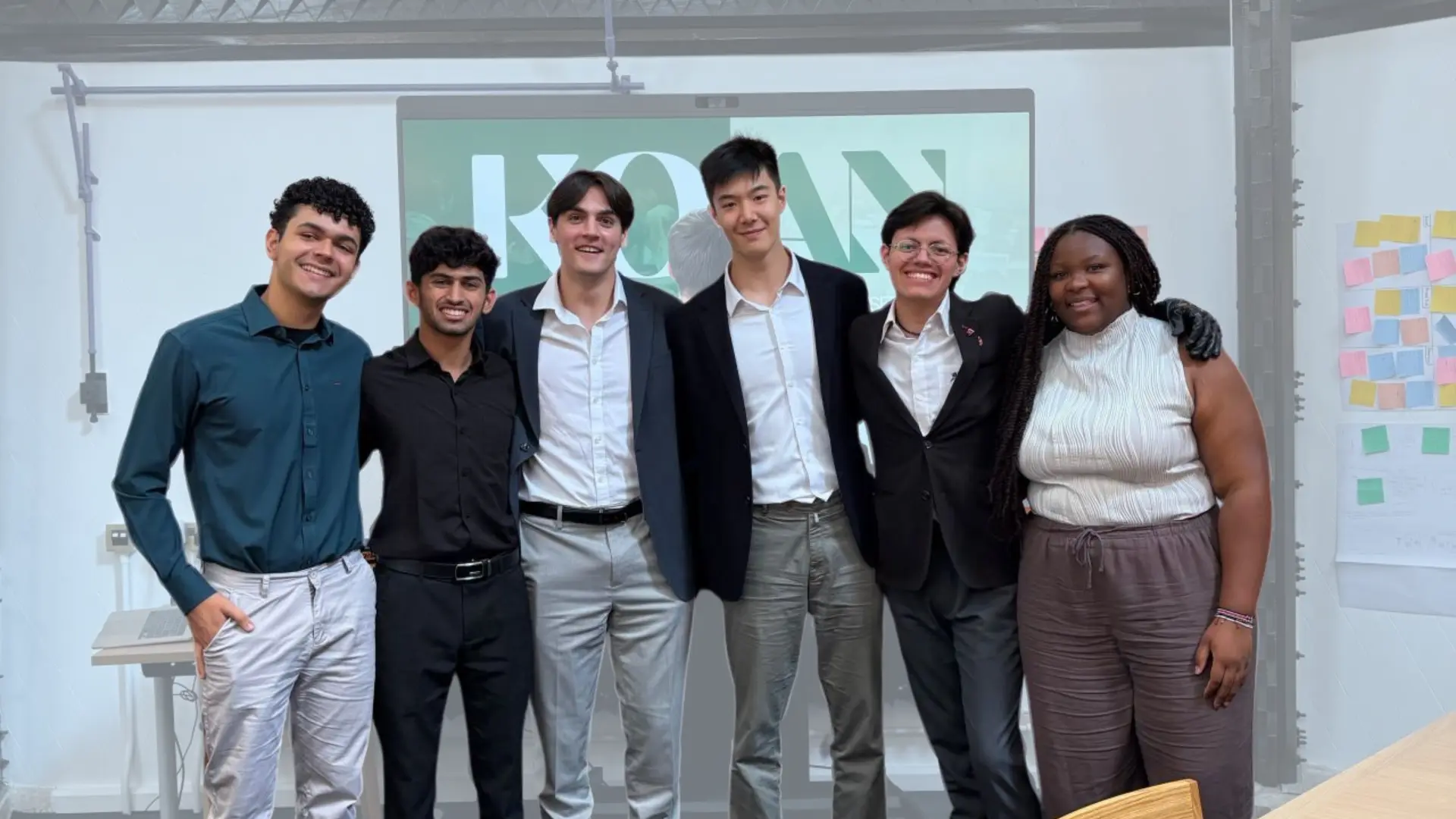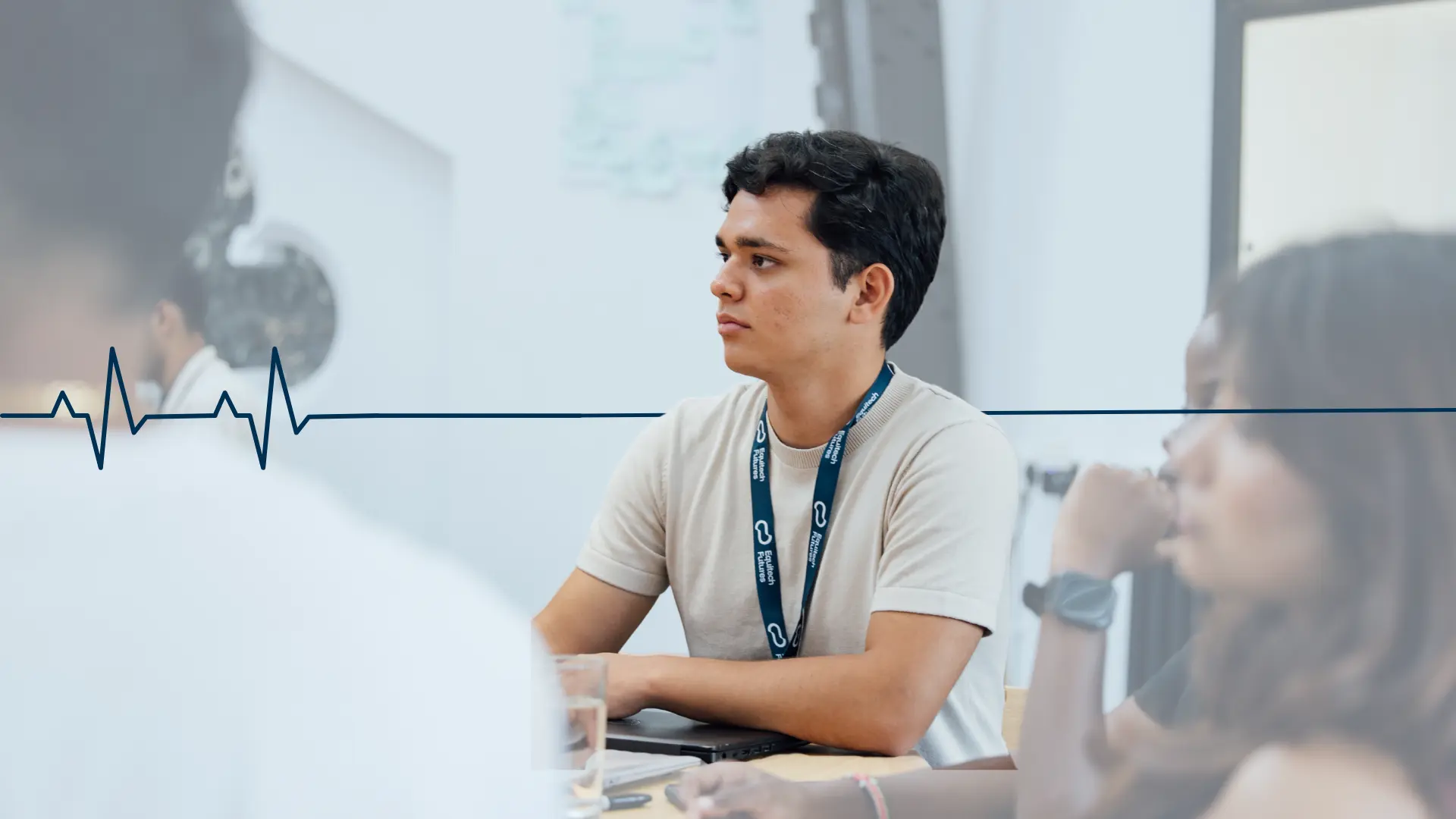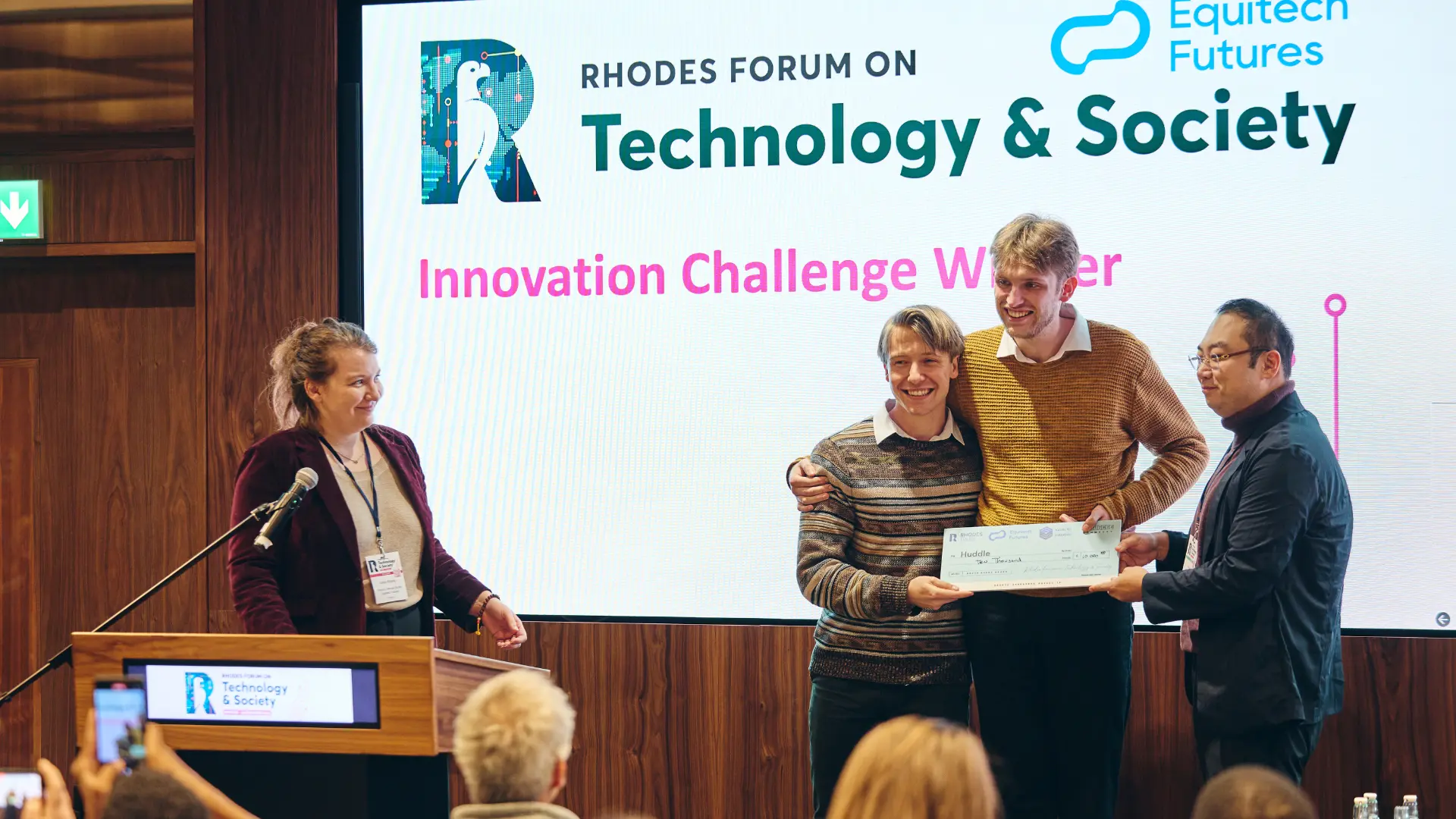
Notes from the field
How ready are we for the next pandemic? Equitech Scholar reports from Rhodes Policy Summit
Jun 28, 2023
5 min read
As the world feels like it is finally stepping beyond the worst of the COVID-19 pandemic, we can finally take a break from wearing masks all day and swabbing ourselves for tests. But has the last pandemic taught us how to prevent the next one?
At the invitation of Equitech Futures founder Abhilash Mishra, I joined the Rhodes Policy Summit: Creating a Positive Legacy from the Pandemic, on April 14, 2023 held at the Institution of Engineering and Technology (IET) London.
The opening plenary was given by Professor Sir John Bell, immunologist and Regius Chair of Medicine at the University of Oxford. He introduced the primary topic of the summit: the ‘always on’ approach to pandemic preparedness. This approach emphasizes how we can build resilient health systems to prevent disease and be more prepared for future pandemics. The key pillars of the ‘always on’ approach include strengthening pathogen surveillance at hospitals, developing adult vaccine programs, increasing vaccine manufacturing and deployment capacity, and increasing clinical research capability. Professor Bell emphasized the importance of these pillars around the world – both in the global north and the global south – so that once a pandemic hits, all nations can pivot quickly to control the pandemic.

(photo courtesy Rhodes Trust)
The next speaker was Tony Blair, former Prime Minister of the United Kingdom and executive chairman of the Tony Blair Institute for Global Change.
“I was told by researchers that the chance of a virus like COVID appearing in the next decade is 27.5%,” Prime Minister Blair said with a pause. “Not 27%, not 28%, but 27.5%.” He addressed the difficulty of investing politically in pandemic preparedness, amid the cost-of-living crisis in the United Kingdom, the war in Ukraine, climate change, and rising energy costs.
“Politicians have narrow bandwidth and ADHD. So the key thing to get attention and see action is to go to politicians with a concrete solution and explicit short-term financial gain,” Blair said. He agreed with Professor Bell that the “always on” approach would enhance our preparedness for the next pandemic.

Later that morning, a panel discussion reflected on the early days of the COVID-19 pandemic. Professor George Fu Gao, the former Head of the Chinese Centre for Disease Control and Prevention, passionately recalled how the virus was first discovered in China and how China isolated the viral strain and completed the first viral genome sequencing.
“In China, we put the public before the private,” Professor Gao said, “and this is why the zero-COVID lockdown could work in China but would not be possible in other countries.” The public health professionals on the panel each shared their experiences trying to tame COVID-19 in the United States, the United Kingdom, and across the continent of Africa.
Rasmus Bech Hansen, the CEO of Airfinity, shared some statistics about different pandemic forecast scenarios. According to 150 scientists working at his company, if the first strain of COVID-19 had been the omicron variant, they predict the world would have experienced 3 times more deaths in the first 6 months of the pandemic. If the avian flu gained the same transmissibility as COVID-19, we would have seen 15 times more details in the same time period. The risk of outbreaks has been increasing over time, due to an aging population, increased international travel, increased cargo transport, and increased meat production. Hence, Rasmus warned us, the possibility of a future pandemic like COVID, or perhaps even worse than COVID, is very real.
After digesting the likelihood of future pandemics over lunch, I attended a small group discussion about how to strengthen the global clinical research infrastructure for use during peacetime and pandemics. Dr. Trevor Mundel, the President of Global Health for the Bill & Melinda Gates Foundation, told us that his team works across the global south to help countries build their own research infrastructure. A complication is that lots of clinical research infrastructure built in Africa - some costing as much as half a billion dollars - were only used once before they were abandoned. He lamented there aren’t established research ecosystems nor are there enough research staff to sustain clinical trials.
Dr. Tariro Makadzange, the Founder of CRMG & Mutala Trust in Zimbabwe, confirmed Dr. Mundel’s assessment, but explained that having local people lead clinical trials is very important since much of the public lacks trust in Western researchers due to historical malpractice. One attendee in my group added that local community consultation is essential to increase community involvement and to dissipate stigmas, similar to what was done for AIDS and HIV studies.

While the global south lacks sufficient clinical trials, there is also great waste and redundancy among clinical trials conducted in the West. One attendee mentioned that out of 1,500 COVID-related trials started in the United States, only 4 were finished. It’s clear to me that we need to re-direct our attention and resources to developing countries to make healthcare research more equitable.
During the closing plenary, a panel of researchers discussed how patenting of vaccine technologies by pharmaceutical companies made it very hard for low-income and middle-income countries to access them. Many countries worldwide are reluctant to share their healthcare data, making it nearly impossible to build a global digitalized database to benefit international public health research. Additionally, despite recent advances in artificial intelligence (AI) for healthcare, most clinicians still lack trust in AI, and they are reluctant to deploy AI to accelerate healthcare practices.
Overall, I found the theme of the Summit resonated with Equitech Futures’ research to use AI to make healthcare more equitable. I am beyond grateful and honoured to have participated in great discussions with leading public health experts. We must take steps together so that every nation in the world, regardless of their GDP and infrastructure, may be better prepared for the next pandemic.
More articles
.webp)
Newsroom
No Innovator Left Behind: How Equitech Futures uses philanthropic capital to maximize impact

Newsroom



















.webp)



.webp)


.webp)









.webp)















.webp)

.webp)


.webp)


.webp)






.webp)



